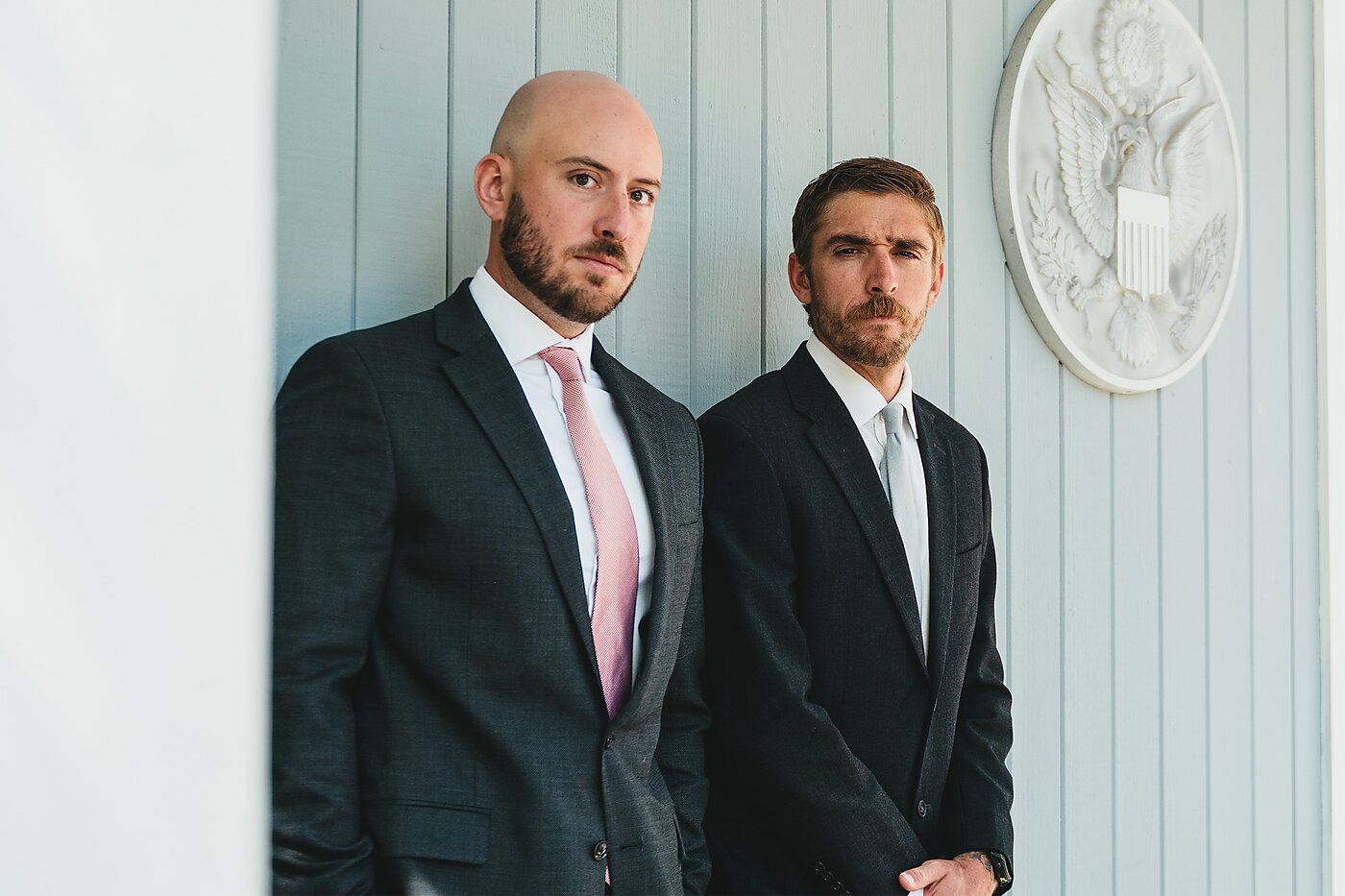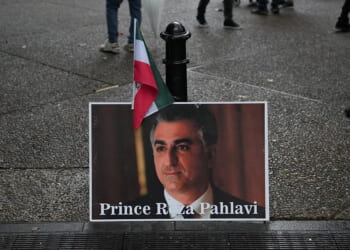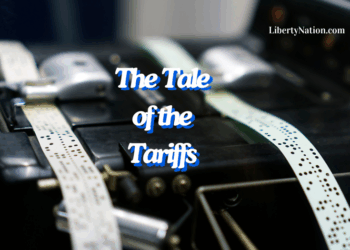When fellow Husky owner Michelino Sunseri broke the Grand Teton speed record, his athletic achievement should have been cause for celebration. Instead, it fueled a lengthy legal battle with the United States Department of Justice. Today, thanks to a full and unconditional pardon from President Trump, Sunseri can finally put the ordeal behind him.
Sunseri—who made an honest mistake—was charged with cutting a switchback, that is, violating a regulation he had no notice of, one that had never been passed by Congress. Yet, he faced potential jail time for engaging in conduct that no reasonable person would understand to be a crime.
The maximum penalty Sunseri faced was six months in jail. Because of this, he was denied his constitutional right to a trial by a jury of ordinary citizens. The Supreme Court’s judicially confected Petty Offense Exception ensures that a defendant’s fate in such petty misdemeanor cases lies not with a jury of their peers—as the Constitution explicitly commands—but with a magistrate judge. In Sunseri’s case, this meant Magistrate Judge Stephanie Hambrick, who spent her formative years as a prosecutor in the very same jurisdiction where she’s now a judge.
Earlier in the year, I amplified Sunseri’s plight before a national audience. In May, I testified before the House Judiciary Crime Subcommittee on “Criminalization by Regulation,” where I highlighted Sunseri’s case to Chairman Jim Jordan (R‑OH). Then in June, Crime Subcommittee Chairman Andy Biggs (R‑AZ) cited my testimony on the Sunseri case while discussing his legislation that, if enacted, would prevent prosecutions like that of Sunseri.
Two days after my testimony, President Trump issued an executive order aimed at discouraging prosecutions like Sunseri’s—those that lack a criminal intent (mens rea) element and are based on rules promulgated by unelected, unaccountable bureaucrats rather than the people’s duly elected representatives.
While the Department of the Interior promptly heeded the president’s command and declined further participation in the Sunseri prosecution, it fell on deaf ears in the Justice Department—whose prosecutors have become incredibly adept at turning ordinary conduct into extraordinary “crimes,” transforming well-meaning people into criminals. Their track record demonstrates that they cannot be trusted with an unchecked panoply of regulations to pick and choose from to potentially ruin someone’s life.
Today, Sunseri can breathe a much-needed sigh of relief. This pardon serves as a vital reminder to prosecutors that the public is watching. The administration should demand strict adherence to the principles of fair notice and criminal intent and not indulge the preferences of those federal prosecutors who refuse to comply with the letter and spirit of President Trump’s executive order.



















